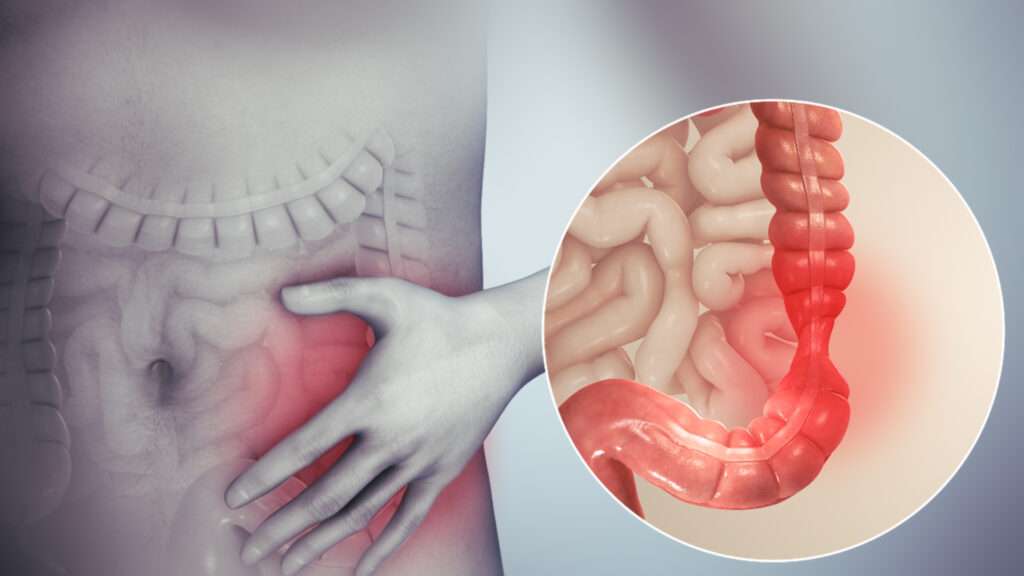
Proton pump inhibitors (PPIs) are a class of medications commonly prescribed to manage various gastrointestinal conditions, primarily gastroesophageal reflux disease (GERD), peptic ulcers, and Zollinger-Ellison syndrome. While PPIs can be highly effective in reducing stomach acid production and providing relief from these conditions, they are not without their health risks. Here are some of the potential health risks associated with long-term or inappropriate use of PPI pills:
Nutritional Deficiencies: PPIs reduce the production of stomach acid, which can impair the absorption of essential nutrients such as vitamin B12, calcium, magnesium, and iron. Prolonged PPI use may lead to deficiencies in these nutrients, potentially resulting in anemia, osteoporosis, and other health problems.
Increased Risk of Infections: Stomach acid plays a crucial role in killing bacteria and pathogens in the digestive system. When acid production is suppressed by PPIs, the risk of gastrointestinal infections, such as Clostridium difficile (C. diff) and pneumonia, may increase.
Bone Health: Long-term PPI use has been associated with a higher risk of bone fractures, especially in older individuals. This is partly due to the potential reduction in calcium absorption and the effect of stomach acid on calcium solubility.
Kidney Disease: Some studies have suggested a link between prolonged PPI use and an increased risk of kidney disease, including acute interstitial nephritis and chronic kidney disease.
Gastric Polyps: PPIs may promote the development of certain types of gastric polyps. Although most of these polyps are benign, they may require monitoring and, in some cases, removal.
Rebound Acid Hypersecretion: When PPIs are discontinued after long-term use, some individuals experience a phenomenon known as rebound acid hypersecretion. This means that the stomach may produce even more acid than before, leading to a recurrence or worsening of symptoms.
Cardiovascular Issues: Some research has suggested a potential association between PPI use and an increased risk of cardiovascular events, although the evidence for this is not yet conclusive.
Interactions with Other Medications: PPIs can interact with certain medications, reducing their effectiveness or causing unwanted side effects. For example, they can interfere with the absorption of drugs like clopidogrel, which is commonly prescribed to prevent blood clots.
- Dependency and Overuse: Some individuals may become dependent on PPIs and continue taking them beyond the recommended duration or without proper medical supervision. This overuse can lead to an increased risk of the aforementioned health issues.
It’s important to note that PPIs can be highly beneficial for individuals with severe acid-related disorders when used under the guidance of a healthcare professional. However, they should be used judiciously and for the shortest duration necessary to manage the condition effectively. Regular monitoring and discussions with a healthcare provider are essential to evaluate the risks and benefits of PPI therapy, and alternative treatments or lifestyle modifications should be considered whenever possible to mitigate potential health risks.




